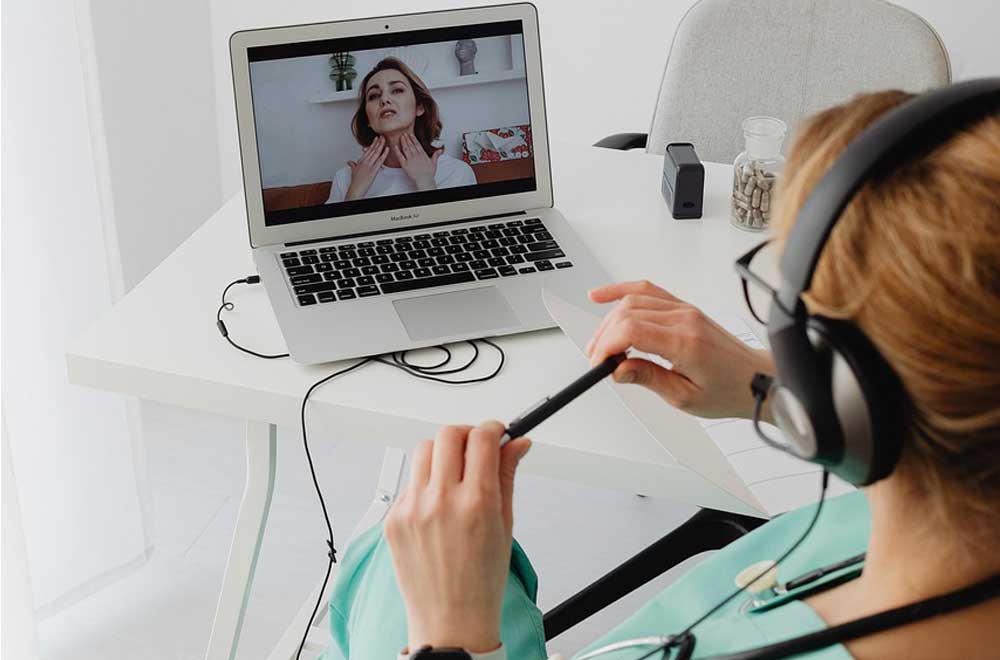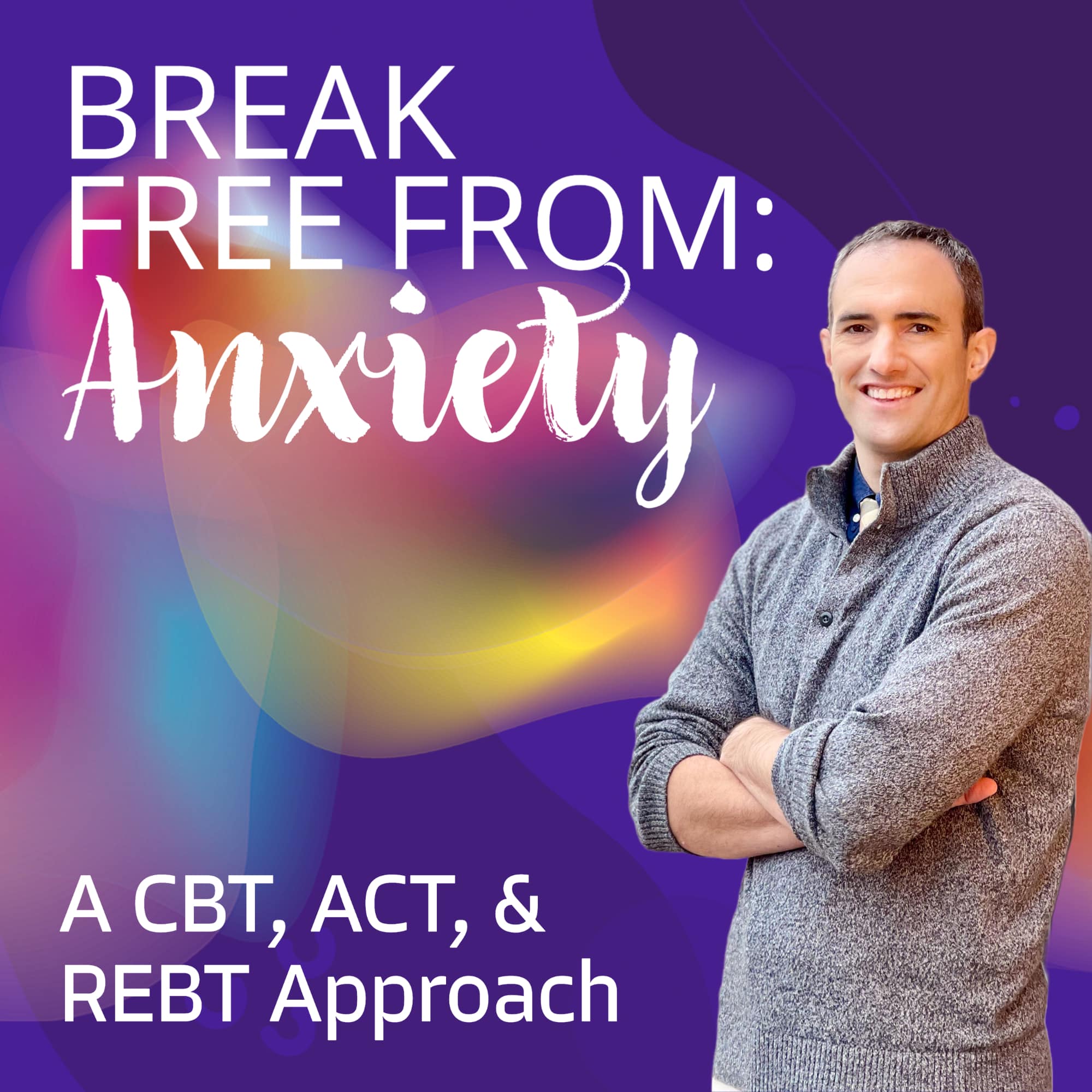Learning how to rewire your brain from addiction can help you reclaim control over your thoughts, emotions, and behaviors. Through consistent therapeutic interventions, lifestyle changes, and medical support, it is possible to retrain your brain and break free from the cycles of addiction.
KEY TAKEAWAYS
- The brain is capable of change through neuroplasticity, which allows recovery from addiction.
- Cognitive Behavioral Therapy (CBT) and medication can support rewiring the brain.
- Mindfulness, sleep, and exercise are essential to healing brain function.
- Support systems and accountability are crucial in long-term recovery.
- Professional help accelerates recovery and reduces relapse.
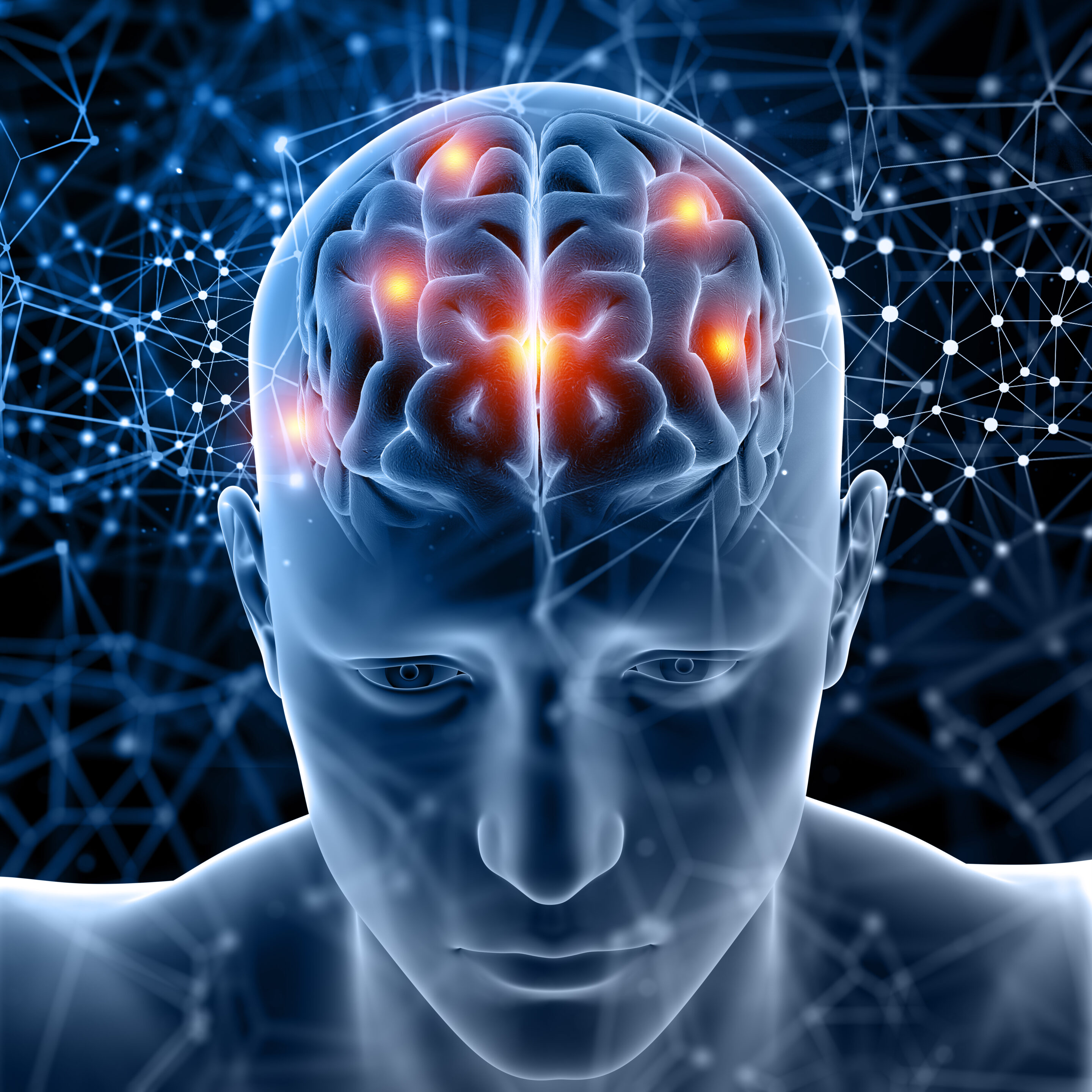
Addiction is not just a physical dependence; it’s a deeply rooted neurological process. When you become addicted, your brain’s reward system is hijacked, making it difficult to resist cravings and impulses. But the human brain is remarkable—it can adapt, learn, and rebuild neural pathways, even after prolonged exposure to addictive substances or behaviors. This process is called neuroplasticity, and it holds the key to recovery.
Understanding how to rewire your brain from addiction involves commitment, consistency, and support. With the help of online psychiatric treatment and evidence-based therapies, individuals can create new, healthier patterns of thinking and behavior. At TelepsychHealth, we specialize in providing personalized, effective care that targets both the brain and the behavior.
Understanding Neuroplasticity and Addiction Recovery
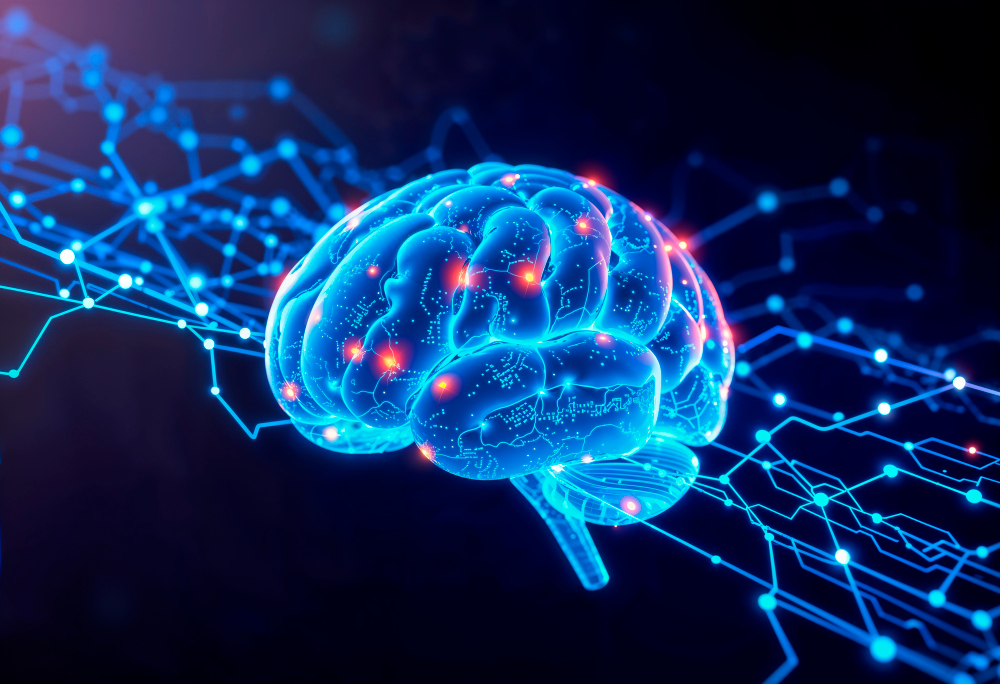
Neuroplasticity refers to the brain’s ability to change and adapt in response to experience. This means that even after years of addictive behavior, the brain can be retrained to think, respond, and function differently. Rewiring your brain doesn’t happen overnight, but with patience and the right strategies, long-term transformation is entirely possible.
Addiction rewires your brain to prioritize immediate pleasure or relief, often at the expense of long-term well-being. These habits become hardwired, making it challenging to stop. However, just as addiction creates negative neural pathways, healthy behaviors can form positive ones. Therapy, medication, and lifestyle changes all contribute to forming new neural circuits that support recovery.
At TelepsychHealth’s addiction treatment services, our clinicians use tools like Cognitive Behavioral Therapy (CBT) and medication-assisted treatment to help retrain the brain. These approaches address both the emotional and physiological components of addiction, offering a holistic and sustainable path to healing.
The Role of Therapy in Rewiring the Brain
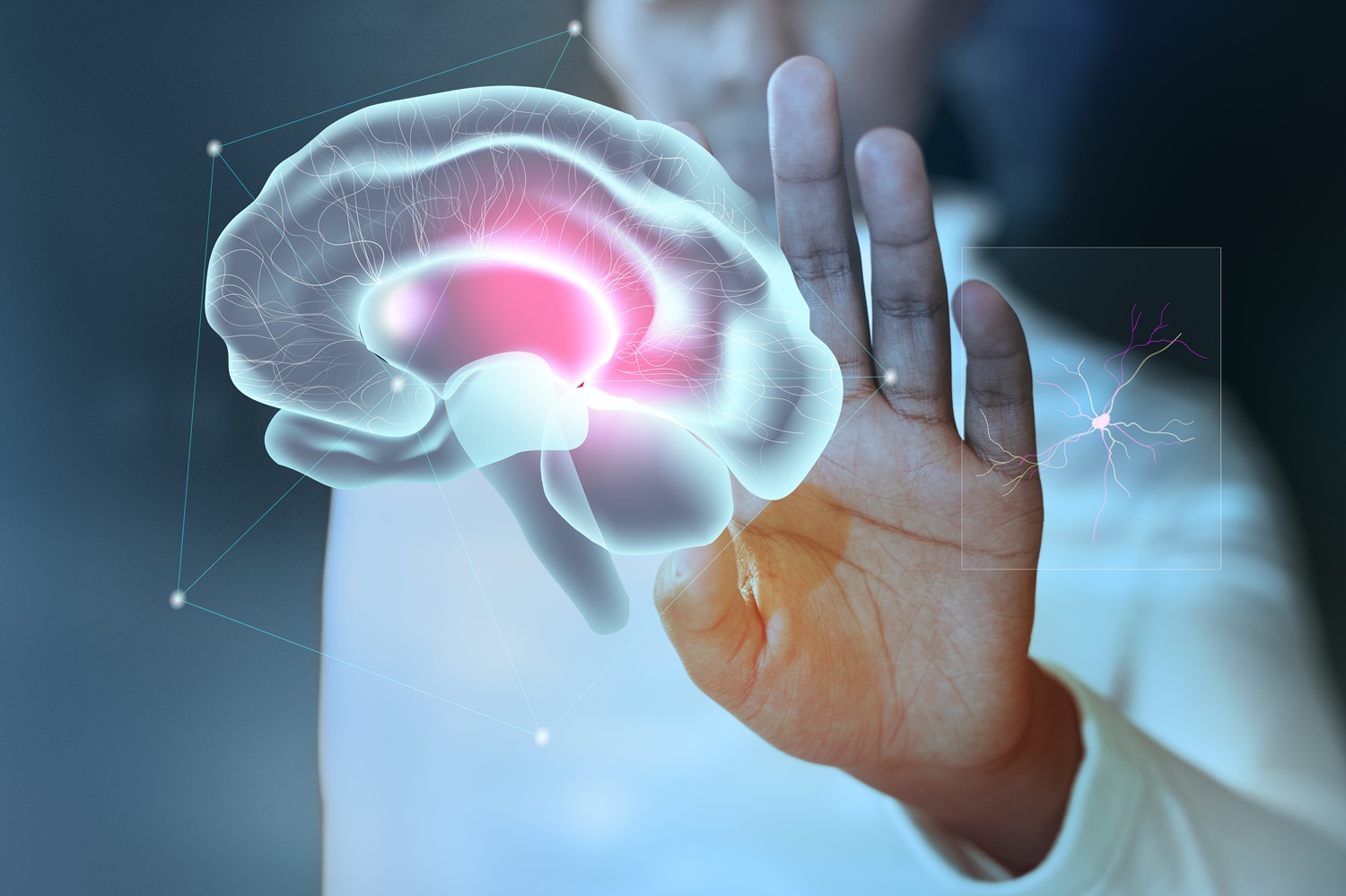
Therapy plays a pivotal role in helping individuals break free from the cycle of addiction. Among the most effective forms of therapy is CBT, which teaches individuals how to identify and change harmful thought patterns. By altering the way a person thinks, CBT directly influences the way the brain responds to triggers and stress.
Through online sessions at TelepsychHealth, patients have convenient access to trained professionals who guide them through these therapeutic techniques. Consistent engagement in therapy can gradually weaken the neural pathways that support addiction and strengthen those that promote healthier behaviors.
Other forms of therapy, such as Dialectical Behavior Therapy (DBT) and Mindfulness-Based Cognitive Therapy (MBCT), further support recovery by helping patients manage emotions, tolerate distress, and cultivate present-moment awareness. Each therapeutic modality contributes uniquely to the process of rewiring the brain.
Lifestyle Changes That Support Brain Recovery

Healing from addiction isn’t limited to therapy and medication. Daily habits have a significant impact on brain health. Nutrition, sleep, physical activity, and social connections all play critical roles in the brain’s ability to heal and adapt. For example, regular exercise increases the production of dopamine and endorphins—neurochemicals associated with happiness and reward.
Adequate sleep is essential for cognitive function and emotional regulation. During deep sleep, the brain performs vital processes like memory consolidation and waste removal. Poor sleep, on the other hand, impairs decision-making and increases vulnerability to cravings. At TelepsychHealth, we address sleep hygiene as part of comprehensive addiction care.
Connecting with others—whether through therapy groups, supportive family relationships, or community organizations—stimulates brain regions linked to empathy, trust, and emotional regulation. Social connection is one of the most powerful tools in maintaining sobriety and fostering long-term recovery.
The Importance of Medication-Assisted Treatment (MAT)

In many cases, Medication-Assisted Treatment (MAT) is a necessary component of addiction recovery. MAT involves using FDA-approved medications, in combination with therapy, to reduce cravings and withdrawal symptoms. This approach helps stabilize brain chemistry while individuals work on rebuilding healthy habits.
MAT is particularly effective for opioid, alcohol, and nicotine addictions. Medications like buprenorphine, methadone, and naltrexone help reset the brain’s reward system and prevent relapse. At TelepsychHealth’s MAT program, patients are closely monitored and supported by licensed psychiatrists throughout their treatment journey.
Contrary to common myths, MAT is not about replacing one addiction with another. Instead, it allows the brain to function normally again, so patients can focus on therapy and lifestyle change. MAT is a powerful tool in rewiring the brain from addiction and building a stable foundation for recovery.
Building a Long-Term Recovery Plan
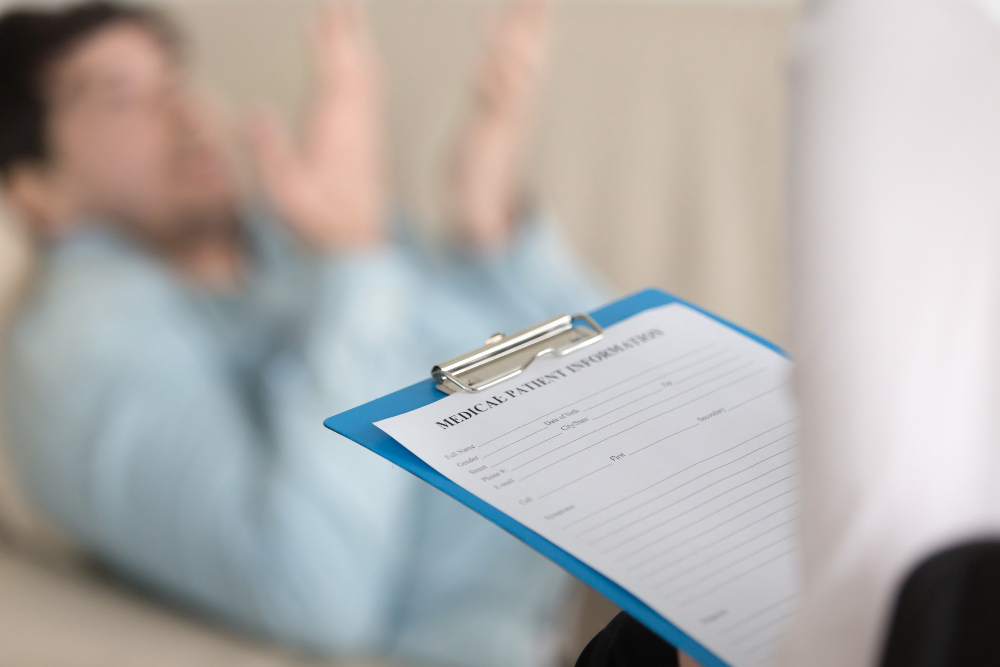
Rewiring the brain takes time, and having a long-term plan is essential for sustained success. This includes continuing therapy, maintaining healthy routines, and setting realistic goals. Recovery is not a linear process—setbacks can happen—but a comprehensive plan helps individuals stay focused and resilient.
At TelepsychHealth, we work with each patient to develop a tailored recovery plan that evolves with their progress. We also offer follow-up care, medication management, and relapse prevention strategies to reinforce positive brain changes.
Accountability is another critical aspect of long-term recovery. Whether through individual therapy, support groups, or family involvement, having people who understand and support your journey can make all the difference. A long-term plan should include regular check-ins, therapy sessions, and self-assessments to monitor growth and challenges.
Helpful Tips for Supporting Brain Health During Recovery
Make time daily for mental rest and reflection. Activities like journaling, meditation, or creative hobbies reduce stress and reinforce healthy neural pathways that support recovery.
Summary
Learning how to rewire your brain from addiction is a journey of resilience, transformation, and hope. Through the power of neuroplasticity, support systems, therapy, and sometimes medication, individuals can reshape their thoughts and behaviors to reclaim their lives. “Recovery is not about being flawless—it’s about becoming aware and making empowered choices,” says Dr. Bruce Bassi, M.D., a psychiatrist based in Jacksonville, Florida.
Contact us at (888) 730-5220 for a confidential consultation and get started on your path to healing.




